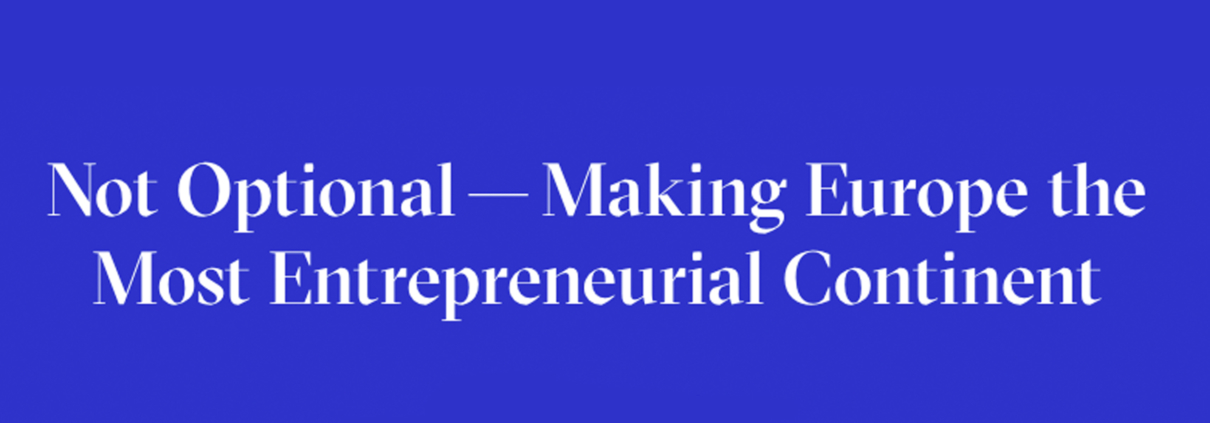Why Europe faces a global war for talent
Last month, business founders, policymakers and investors came together for Not Optional, an event hosted by venture capital firm Index Ventures and student-led NFP Slush to discuss the major hurdles facing Europe’s economy. The overriding objective of the event was to work out how to make Europe the most entrepreneurial continent on Earth, and suggest what changes would make the continent’s ecosystem friendlier for startups, scaleups and entrepreneurs.
This ambition isn’t simply a nice idea, but part of an existential challenge for Europe: according to MEP Eva Maydell, the continent faces a “global war” for talent in terms of both attracting talented people to Europe and retaining experienced staff — access to talent is essential to growth.
Of course, the problem is not a shortage of talent within Europe — the continent produces more technical graduates than the US, and Gloria Baeuerlein, vice president of the German Startup Association, pointed out that Germany has 50% more developers than in the whole of Silicon Valley — but attracting experienced talent, the people with the skills and knowledge necessary to scale up a business, remains an issue.
Why is it an issue? Speakers at the event pointed to a few key hurdles; the first major one is stock options.
Stock options help to retain staff so they are rewarded for growing the company, but are also a key incentive needed to bring in experienced talent, in order to convince them to leave a safe role with a multinational firm and take a risk with a plucky startup. But due to uneven regulations and tax rules across Europe, many startups cannot offer stock to their employees.
The other significant hurdle is immigration law. Many governments have strict red tape around hiring talent from foreign countries, and the visa process can be difficult to navigate, expensive, and costs time — especially if the application is blocked or delayed, which can have a knock-on effect for startups relying on talentflow to build their business.
One of our clients, Job van der Voort, CEO & co-founder of Remote, spoke during the conference, summarising the problems caused by strict visa rules.
“It’s an unnecessarily high threshold to hire people from other countries. It’s incredibly hard,” he said. “If you are unlucky in the sense of where you were born or what the rules are where your prospective employer is based, then you may not be able to get a good job. Making visas simpler would be an amazing change.”
Could remote working help address this issue? Certainly, we’ve all become more accustomed to the practice due to Covid-19, and Remote already helps businesses employ people living in other countries, but that doesn’t mean we should neglect building startup-friendly ecosystems here in Europe.
“There are good reasons for ecosystems to exist. It’s important to have places where people can work together, connect and meet their peers: it’s a great driver of creativity,” added van der Voort.
“It’s nice to be together. People like myself advocate for remote work, but we don’t advocate for a world in which we are all working from home all of the time, let alone being forced to do so because of a pandemic.”
Remote working is clearly important, but it’s not the whole answer. Governments and businesses must work together to solve these structural problems if Europe wants to win this global war for talent. What are these other possible solutions? We’ll explore that in the next part of this series recapping Not Optional.



